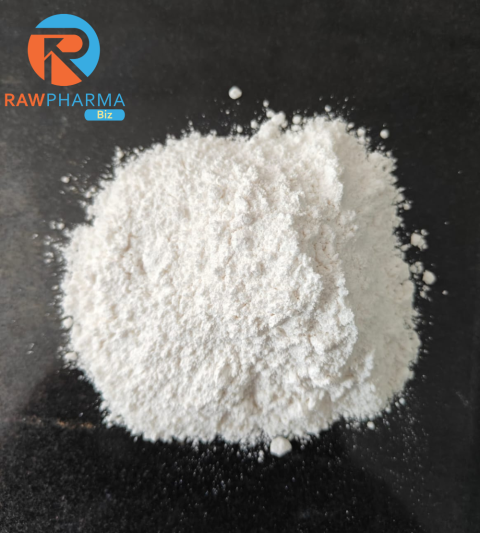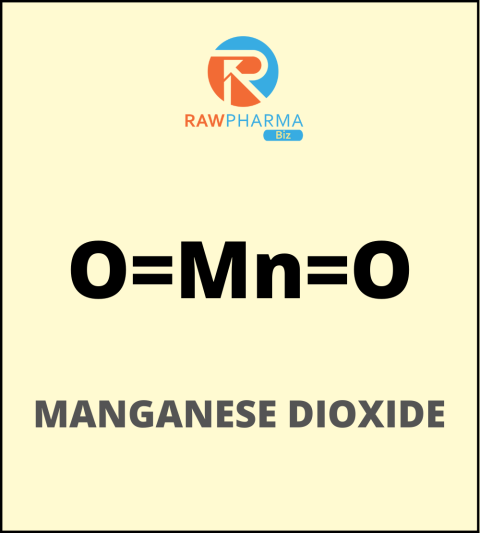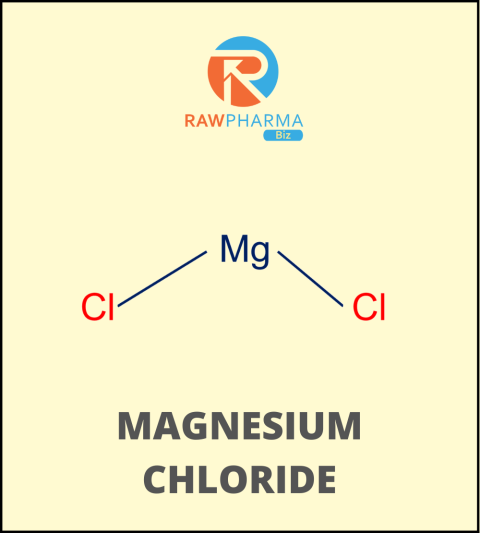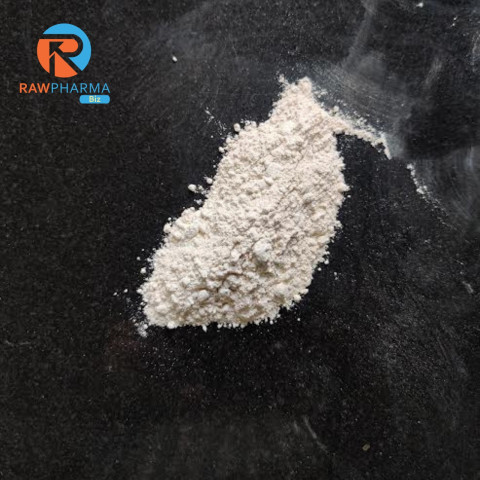Short Descriptions
Manganese Sulphate Monohydrate is Considered as Hazardous Material
Manganese Sulphate Monohydrate 32% is a high-purity chemical compound containing 32% manganese, essential for plant and animal health. Widely used as a fertilizer, it corrects manganese deficiencies in soils, enhancing crop growth and yield. It also serves important roles in industrial applications, including ceramics, paints, and animal feed supplements.
More Information
Details
Manganese Sulphate Monohydrate 32% is a high-purity, crystalline compound that contains 32% manganese, a vital micronutrient essential for various biological and industrial processes. In agriculture, this compound is extensively used as a fertilizer to correct manganese deficiencies in soils, which is crucial for optimal plant growth, photosynthesis, and enzyme activation. By enhancing these processes, it significantly improves crop yield and quality, making it a valuable addition to any agricultural regimen.
Beyond its agricultural applications, Manganese Sulphate Monohydrate 32% is integral to various industrial sectors. In the ceramics industry, it is used as a glaze colorant and fluxing agent, contributing to the production of high-quality ceramics and glass. The compound is also a key ingredient in the manufacturing of paints and varnishes, where it serves as a drying agent to improve the durability and finish of coatings. Additionally, it is utilized in animal feed supplements, providing essential manganese required for bone development, reproductive health, and enzyme function in livestock.
Overall, Manganese Sulphate Monohydrate 32% is a versatile and essential compound with a wide range of applications, from enhancing agricultural productivity to supporting industrial manufacturing processes and animal nutrition. Its role in ensuring the health and efficiency of plants, animals, and various products underscores its importance in both the agricultural and industrial sectors.




